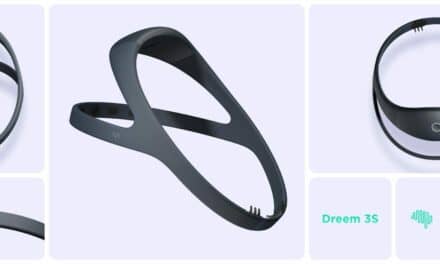The global smart wearable healthcare devices and services market will grow at a compound annual growth rate of 30.42% over the period 2015-2019, predicts Research and Markets in a new report.
The report segments the market in two components: smart wearable healthcare devices and smart wearable healthcare services.
Smart wearable healthcare devices are defined as those devices that are worn or attached to a user’s body to monitor the changes in various organs and body parts. Some of the healthcare devices include smart watches, wearable hand, smart diapers, wristband, pedometer, and bionic suit. Important features of these devices include heart rate monitoring, sleep statistics, counting the amount of calories burned and taken in, monitoring body temperature and sleep statistics of babies, remote cardiac monitoring, and monitoring and tracking daily activity of users. These devices easily sync with users’ smartphones and tablets.
Increased use of smart wearable devices for tele-home healthcare is one of the key trends in the market. Smart wearable devices enhance treatment and monitoring processes by saving time and reducing healthcare costs. These devices help physicians to monitor patients from a remote place and provide proper treatment.
According to the report, an increase in aging populations and chronic diseases is expected to play a pivotal role in boosting demand for smart wearable healthcare devices. High life expectancy has led to increased aging populations in North America and Western Europe; several chronic diseases such as diabetes, arthritis, cancer, obesity, heart diseases, asthma, and COPD have increased in these regions. Consequently, monitoring the health conditions and daily activities of the elderly, especially the baby boomers, has become essential.
Further, the report states that privacy and security of data is a key concern for the growth of the market. Although the size of smart wearable healthcare devices is small, they store highly sensitive user information. The possibility of these devices being misplaced or lost is high because of their small size. Loss of a device can cause security breaches and misuse of personal health-related information.
Research and Markets says the following are key vendors in the global smart wearable health devices and services field: Apple, AT&T, EE, Google, Samsung Electronics, Sprint, Telefonica, and T-Mobile US. Vendors to watch include: Cyberdyne, IHealth Labs, Interaxon, IRhythm Technologies, Lark, OMsignal, Proteus Digital Health, Sotera Wireless, and Withings. Emerging vendors include: 270 Vision, Biosensics, Cambridge Temperature Concepts, Epson America, Evena Medical, Orpyx Medical Technologies, and Qardio.




